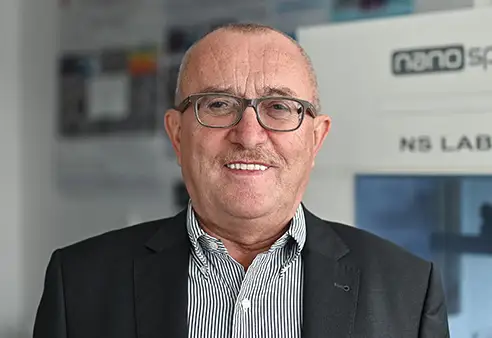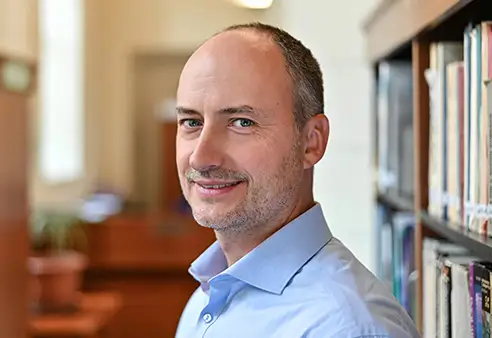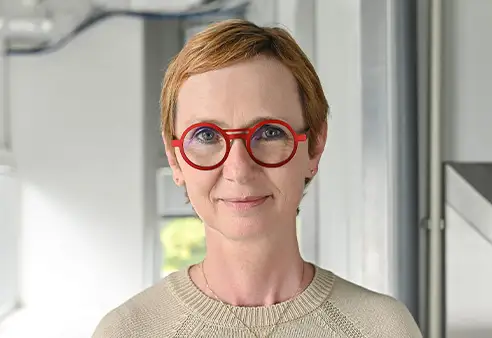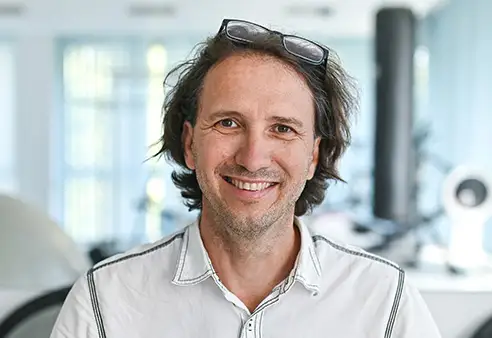Why are unicellular organisms capable of programmed cell death? This is one of the questions addressed by molecular biologist RNDr. Imrich Barák, DrSc., Head of the Department of Microbial Genetics at the Institute of Molecular Biology of the Slovak Academy of Sciences (SAS).
For decades, Imrich Barák and his team of colleagues have been working mainly on the three basic mechanisms in bacterial cells. The first is cell division, then sporulation, which is the simplest way of cell differentiation, and the third one is programmed cell death. These mechanisms are investigated at the level of DNA, RNA and proteins involved in them, mainly in the model organism Bacillus subtilis, but also in related pathogenic bacteria.
They research how a cell can find the place where it should split incredibly accurately. Or how the cell can decide that it no longer has the resources to double its number every 20 minutes, and form only one but extremely resistant spore in 8 hours. It can survive for millions of years without nutrients, oxygen or water, withstand high temperatures and radiation, while retaining the genetic information of the original cell. Research on cell division is the basis for the development of new antibiotics. New antibiotics are not developed often because it costs billions to pharmaceutical companies. But if necessary, thanks to the work of scientists like Imrich Barák, they do not have to start from scratch. "Many aspects of our studies are ready for use of those who will be applying them." explains the molecular biologist the contribution of his work. Research into programmed cell death also helps with drug development by clarifying the mechanisms by which pathogenic organisms can destroy themselves. The study of spores is also important, for example, in the field of bio-nanotechnology.
Having graduated from the grammar school in Nové Zámky, Imrich Barák went on to study nuclear chemistry at the Faculty of Natural Sciences of Comenius University. According to his own words, a lucky coincidence brought him to another department at the Institute of Molecular Biology of the Slovak Academy of Sciences. After the Velvet Revolution, he went to the United States for his PhD studies, but after two years the whole family returned. He began to build his scientific group. The beginnings were challenging, but things started to get better when he and his colleague from the University of York received their first major grant from The Wellcome Trust, which they succeeded in getting twice more. "For ten years, I had the financial means to do science the way I was used to doing it abroad," the scientist recalls. He also had experience from working with the institutions from the US and UK. As a visiting lecturer he worked at universities in Switzerland and Italy. The time spent with family and friends helps him to do his job well, and he avoids going to bed without a good book. Moreover, Imrich Barák also enjoys sports. In the past, he played a lot of football, which he recently replaced by table tennis and beach volleyball.



